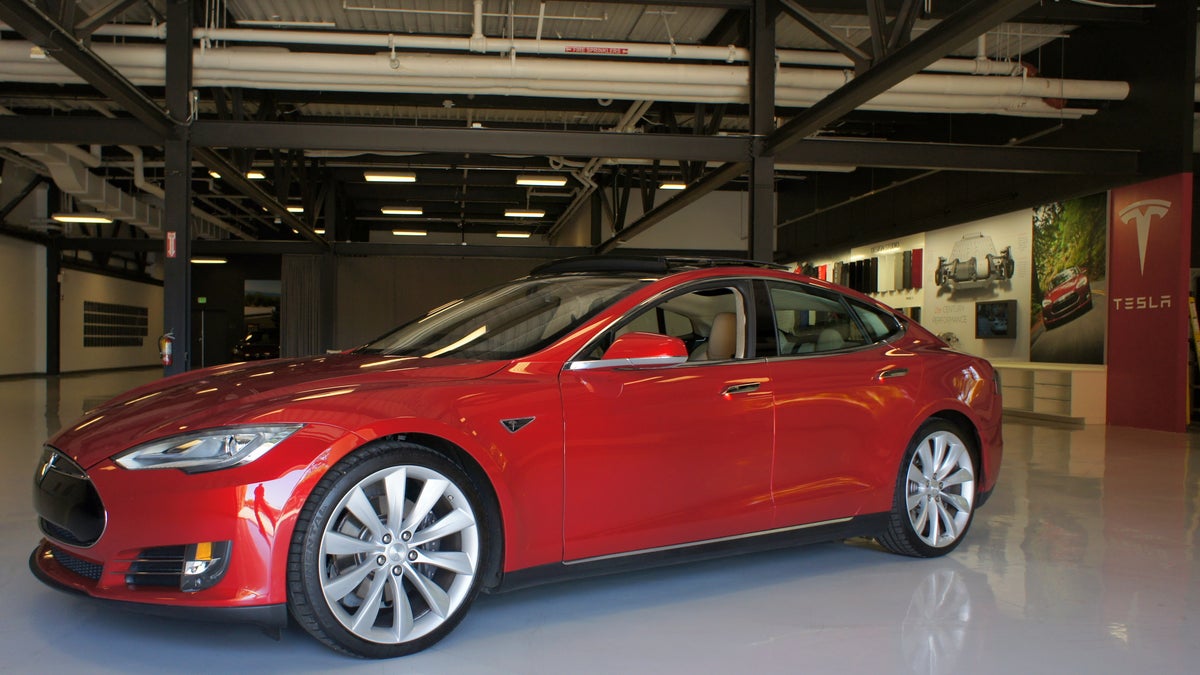Tesla developing self-driving for Model S
Elon Musk said Tesla is developing autopilot technology to add self-driving capabilities to the Model S in three years, similar to the efforts of other automakers.

When the Model S launched last year, it was missing one feature-set commonly found among its luxury competitors: driver assistance features such as adaptive cruise control, blind spot monitoring, or lane departure warning. The company appears to be addressing that lack, according to a recent statement by Tesla CEO Elon Musk.
As reported by Reuters, Musk says that Tesla is developing autopilot technology for the Model S, and it should be ready in three years.
The technology will allow the Model S to perform 90 percent of driving tasks. Fully autonomous driving will follow on at a future date. Tesla has a position open for an autonomous driving engineer, and Musk said the company would develop the technology in house, as opposed to working with Silicon Valley neighbor Google.
Tesla is not unique in developing self-driving vehicle technology. At this year's CES, Audi showed sensor and computing components it had developed that would fit into a production car, and has released videos touting its future autonomous vehicles. The new Mercedes-Benz S550 offers the most advanced production self-driving car systems, including adaptive cruise control that can handle stop-and-go traffic, and a system called Traffic Assist, which steers the car at low speeds.
Cadillac has announced, but not yet released, similar self-steering technology.
At the recent Frankfurt auto show, Ford spokesperson Mark Schirmer told CNET that, rather than fully autonomous cars, we are likely to see technologies that increasingly assist the driver in the near future, helping prevent accidents and relieve stress. Schirmer pointed out that these assistance technologies could let drivers keep their licenses longer, making up for older drivers' reaction and perception deficiencies.
(Source: Reuters)

